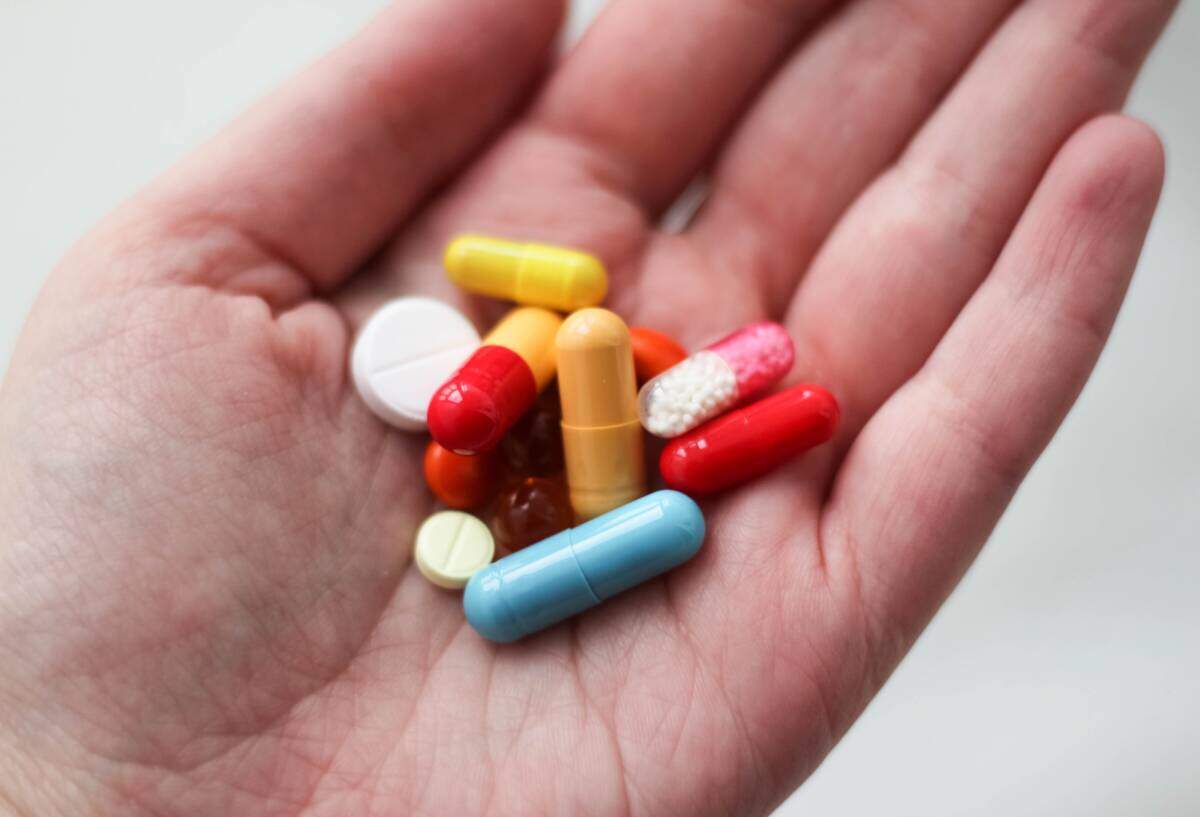TL;DR: My experience is that switching from antihistamines to a Triamcinolone Acetone (Glucocorticoid) allergy reliever and eliminating colas reduced the intensity of my symptoms and allowed me to reduce my dosage of ropinerole. There are also stretches and exercises that might help. While anecdata, it seems to be working for me so far.
If you aren’t familiar with my history with Willis-Ekbom syndrome (or Restless Legs Syndrome), well, it’s pretty extensive. Somewhere between 4% and 19% of the population deal with this syndrome, and I apparently have a really bad case. Also, my iron’s been fine the whole time, so the first line of iron supplementation isn’t particularly relevant.
And I need to reduce – or eliminate – the most effective medication that’s helped me in the past.
That’s because of augmentation, where the drugs used to prevent symptoms can actually make the symptoms start to appear sooner in the day, spread to other joints, and intensify. (Kurlan, Richard, and Deeley 2006).
Yes, "symptoms" means "pain" for me. And yes, ropinerole, one of the key medications implicated here, is the main one I use. The article I link above suggests using a medication rotation that includes benzos and narcotics… which isn’t exactly great. And my past experience is that opiates and other "pain relievers" don’t really seem to make a difference for me.
There has been a randomized, controlled trial using various exercises to help relieve symptoms, with some promising results. (Harrison, Keating, and Morgan 2018) This might be a big help to a lot of folks – the stretches and "exercises" are pretty straightforward and common-sense. These help me somewhat, at least when I remember to do them. Definitely worth a try to supplement your meds.
After a couple of really bad nights, though, I decided to do another literature search and see if something else popped up. Something that has rocked my world.
It is an article entitled "Drug-Induced Restless Leg Syndrome". (Patatanian and Claborn 2018) (Sorry, no freely available PDF for this one.) Long story short, there are a bunch of medications that can both worsen and cause the onset of Willis-Ekbom. Many of them are antipsychotics, antidepressants, and anti-epileptics.
As I searched further, I noticed one other medication class was mentioned as exacerbating symptoms – antihistamines.
I have had horrible allergies my whole life. As a kid, I’d have to practically munch on Benadryl as if it were candy. As new classes of antihistamines came onto the market, I’d try them. Each would help some, so I was regularly taking two (or more!) different classes of antihistamines.
And then an allergist suggested I try something different like Nasocort (Glucocorticoid). Which I’d put off and put off… but after seeing that, I switched. I dropped all my antihistamines and have only been using the spray (or a generic version of it).
I also – at the urging of one of my amours – tried eliminating soda from my life. I drank a lot of diet cola about a week later. Through some trial and error, there’s something in colas that seems to make things worse.
I have no idea, by the way, what it is in the cola that’s giving me issues. It’s not just the caffination or diet sweeteners – Diet Mt. Dew doesn’t seem to have the same effect.
Several different weather systems have rolled through since I made these changes to offer this anecdata to others who are suffering: These changes seem to have reduced my pain (symptoms) by 1 to 3 points on a ten point scale.
They aren’t gone. They’re still there. But I’ve been able to reduce my dose of ropinerole by a third without an increase of symptoms or (fingers crossed) any breakthrough pain/symptoms recently.
The articles I cited above are these; the links above (when possible) lead to a publicly-available copy of the article.
Kurlan, Roger, Irene Hegeman Richard, and Cheryl Deeley. 2006. “Medication Tolerance and Augmentation in Restless Legs Syndrome: The Need for Drug Class Rotation.” Journal of General Internal Medicine 21(12):1–4. doi: 10/dwj45b.
Harrison, Eloise G., Jennifer L. Keating, and Prue Morgan. 2018. “Novel Exercises for Restless Legs Syndrome: A Randomized, Controlled Trial.” Journal of the American Board of Family Medicine 31(5):783–94. doi: 10/gfct3w.
Patatanian, Edna, and Melanie K. Claborn. 2018. “Drug-Induced Restless Legs Syndrome.” Ann. Pharmacother. 52(7):662–72. doi: 10/gc34nb.
Featured Photo by Ksenia Yakovleva on Unsplash
